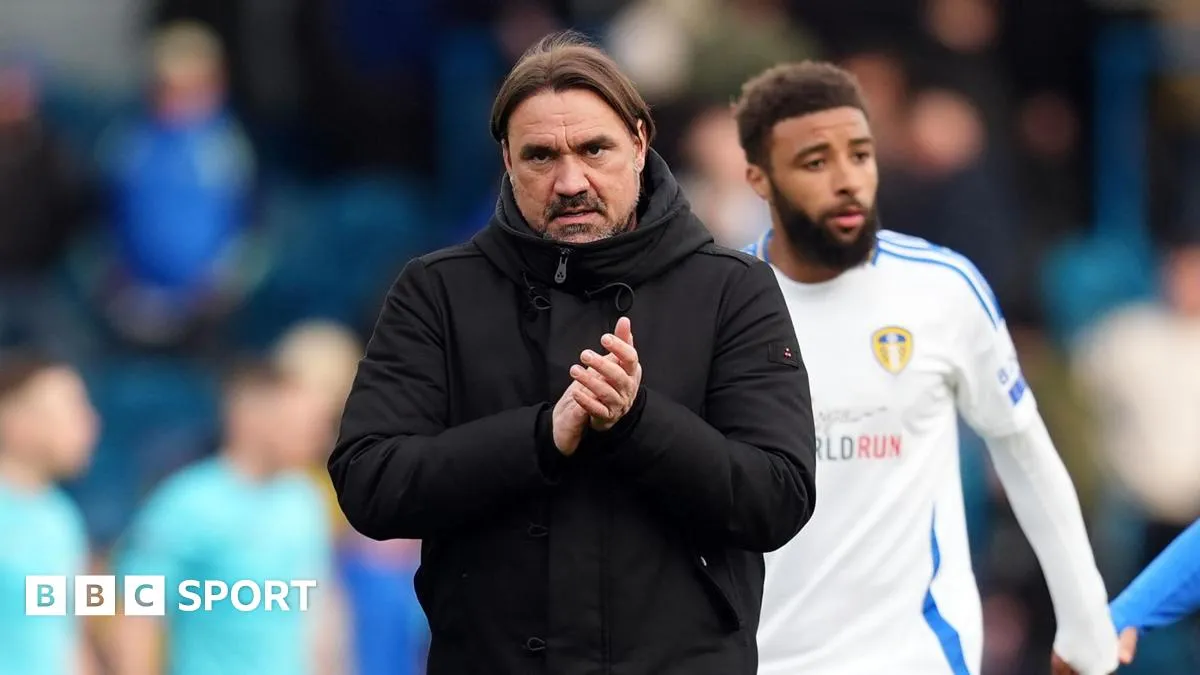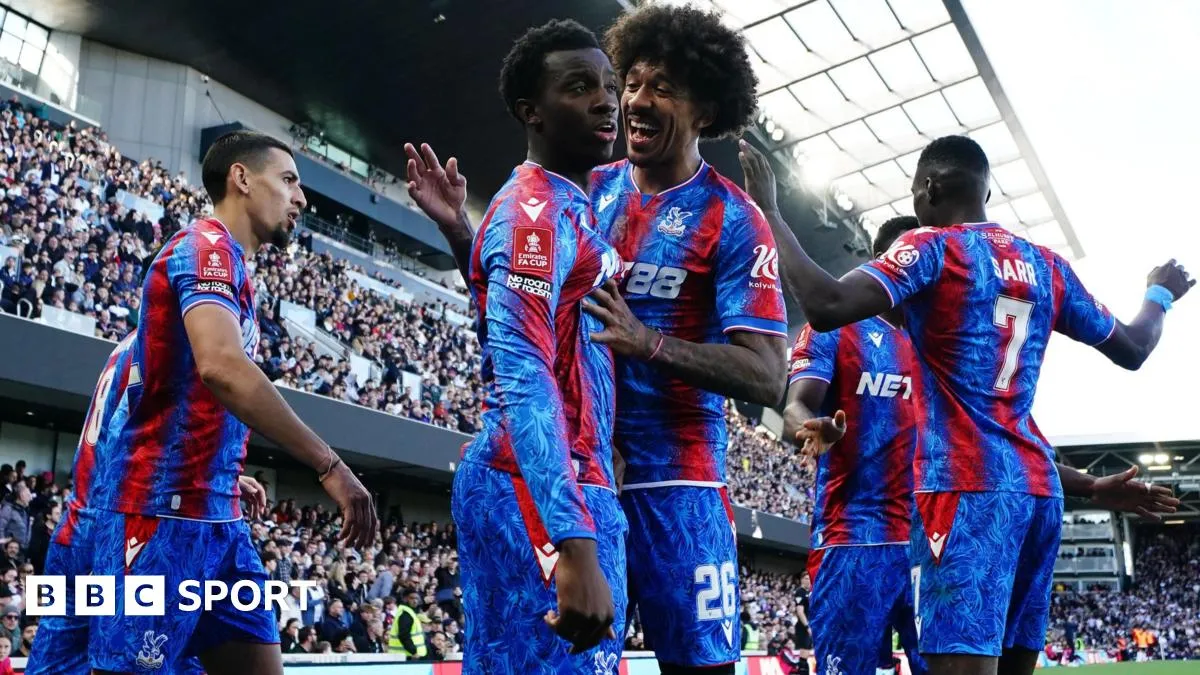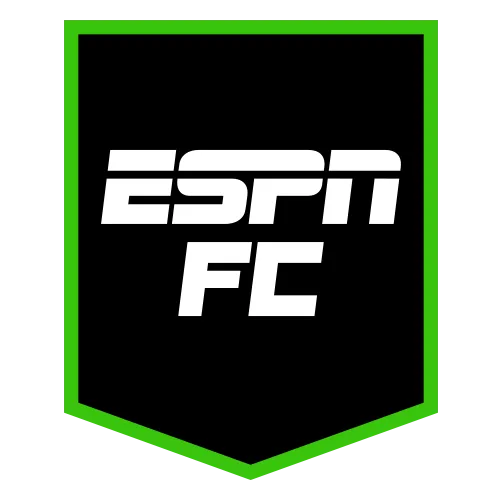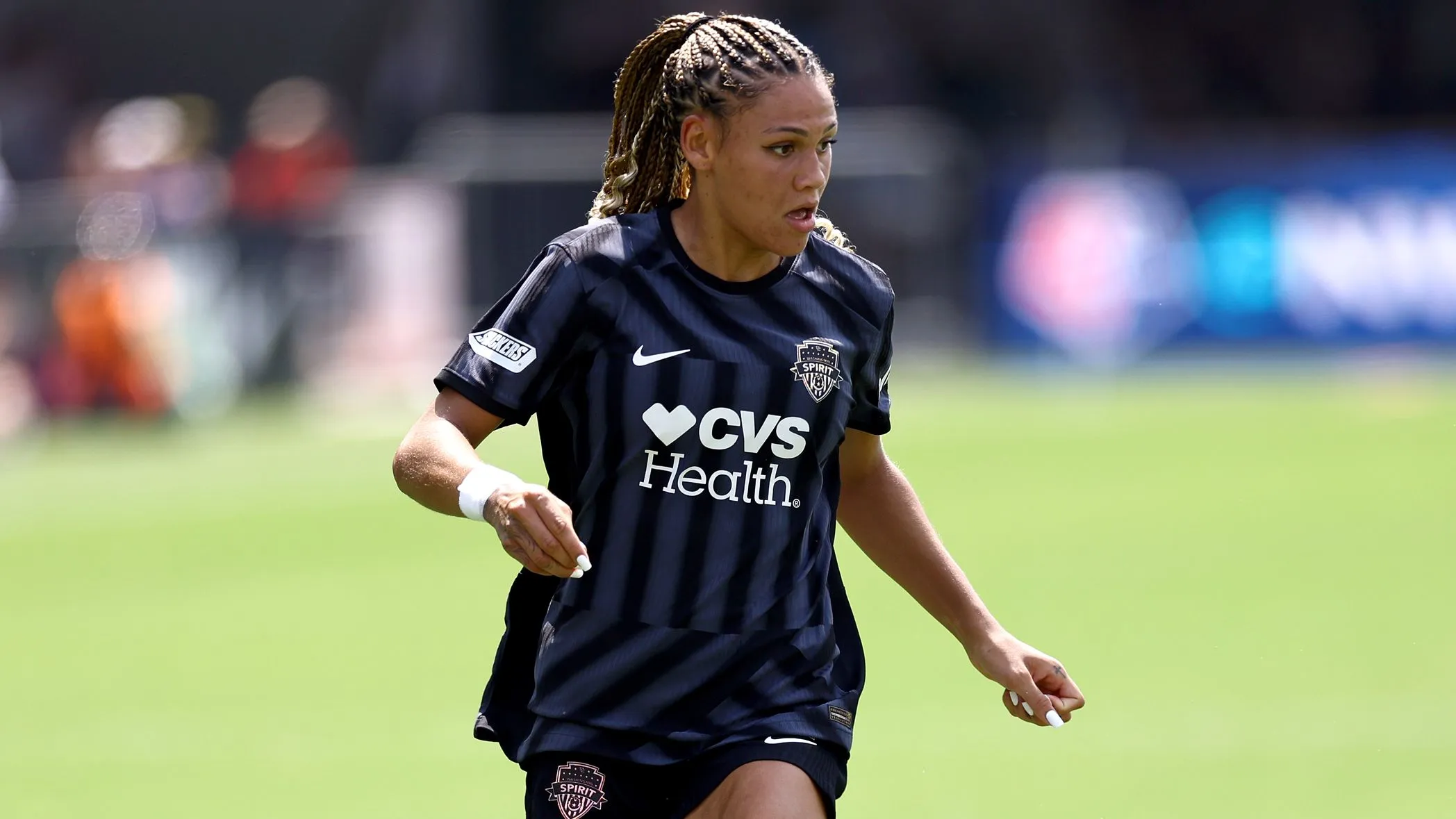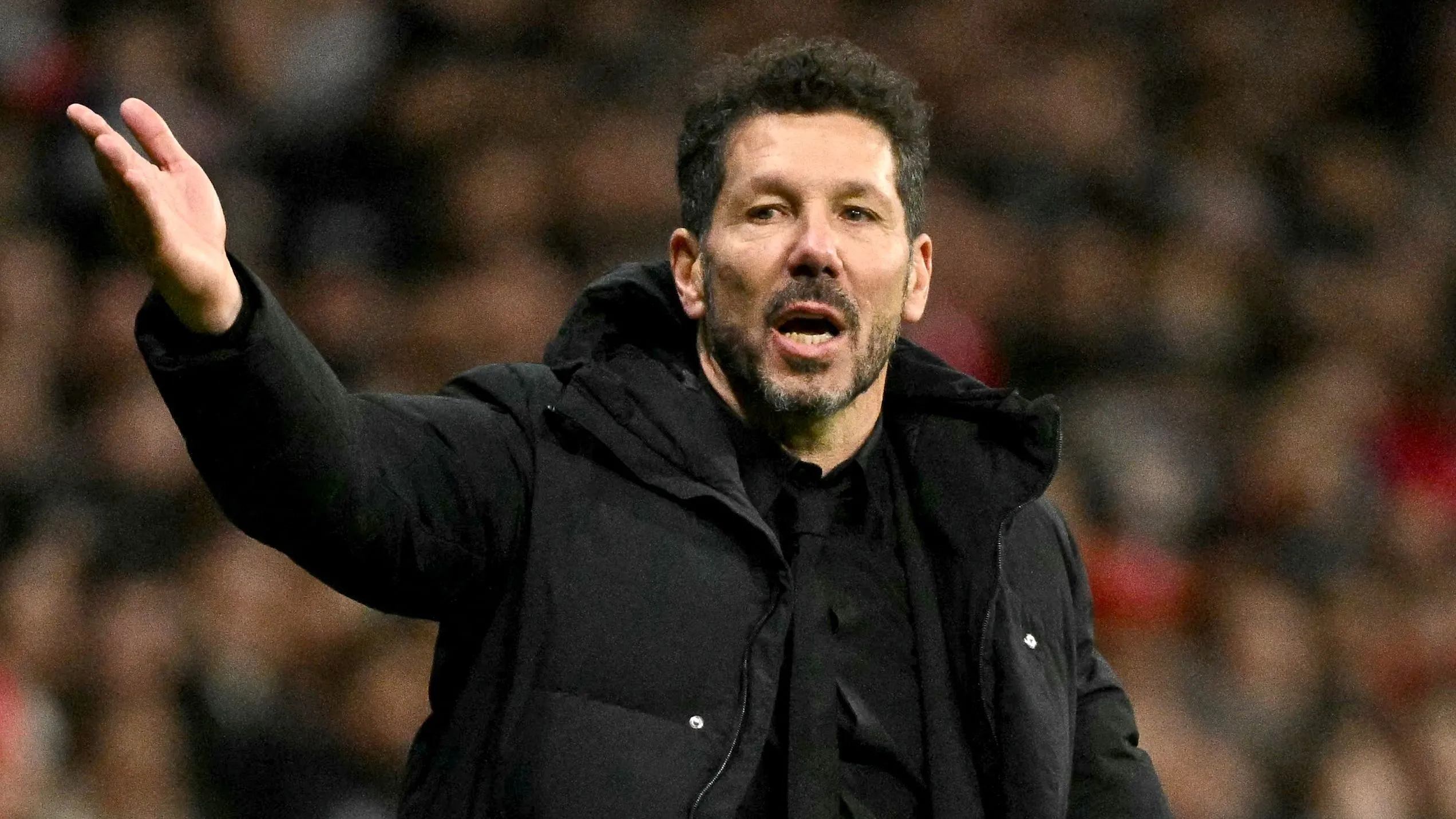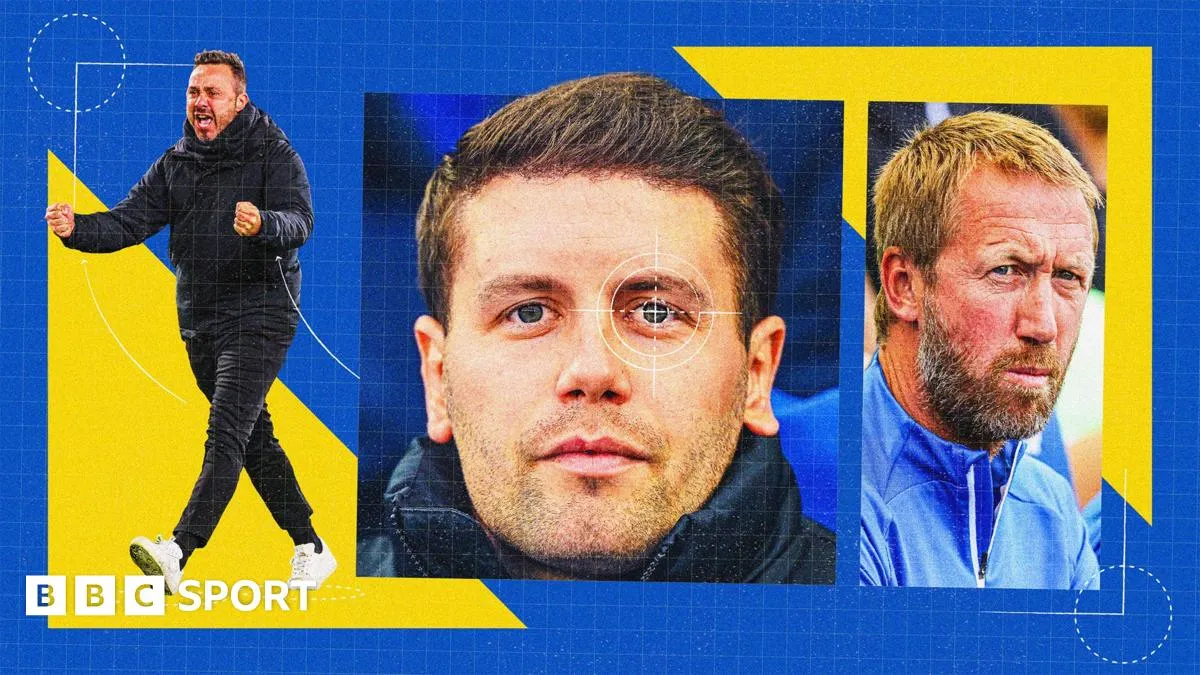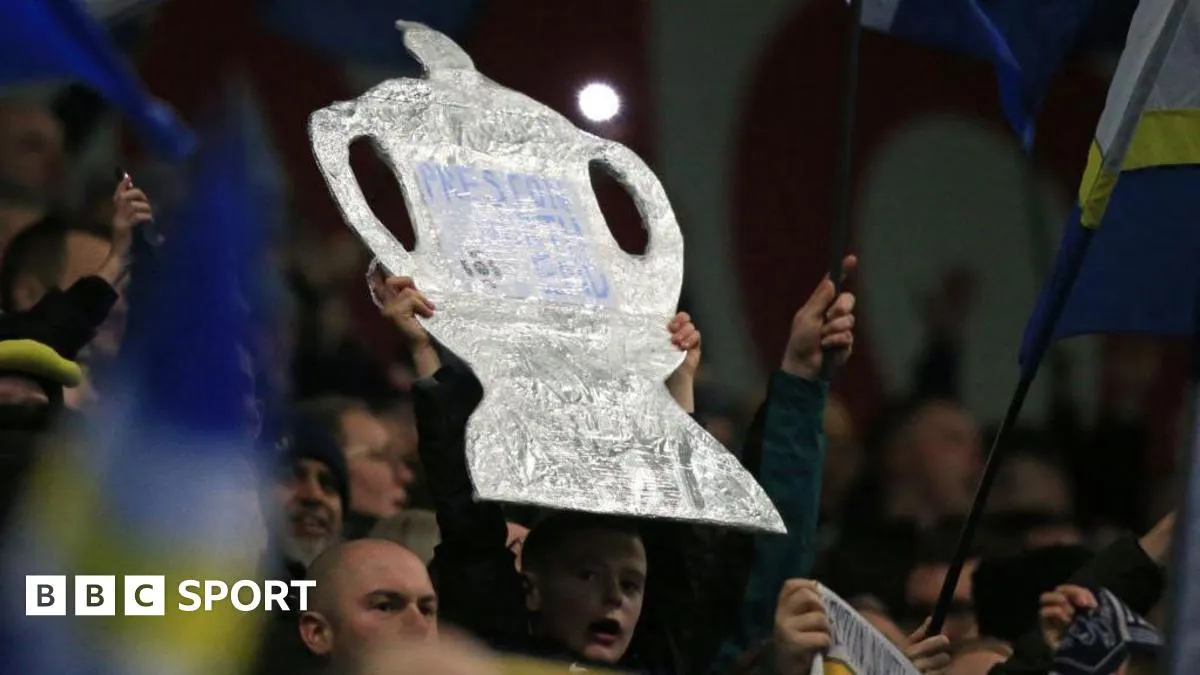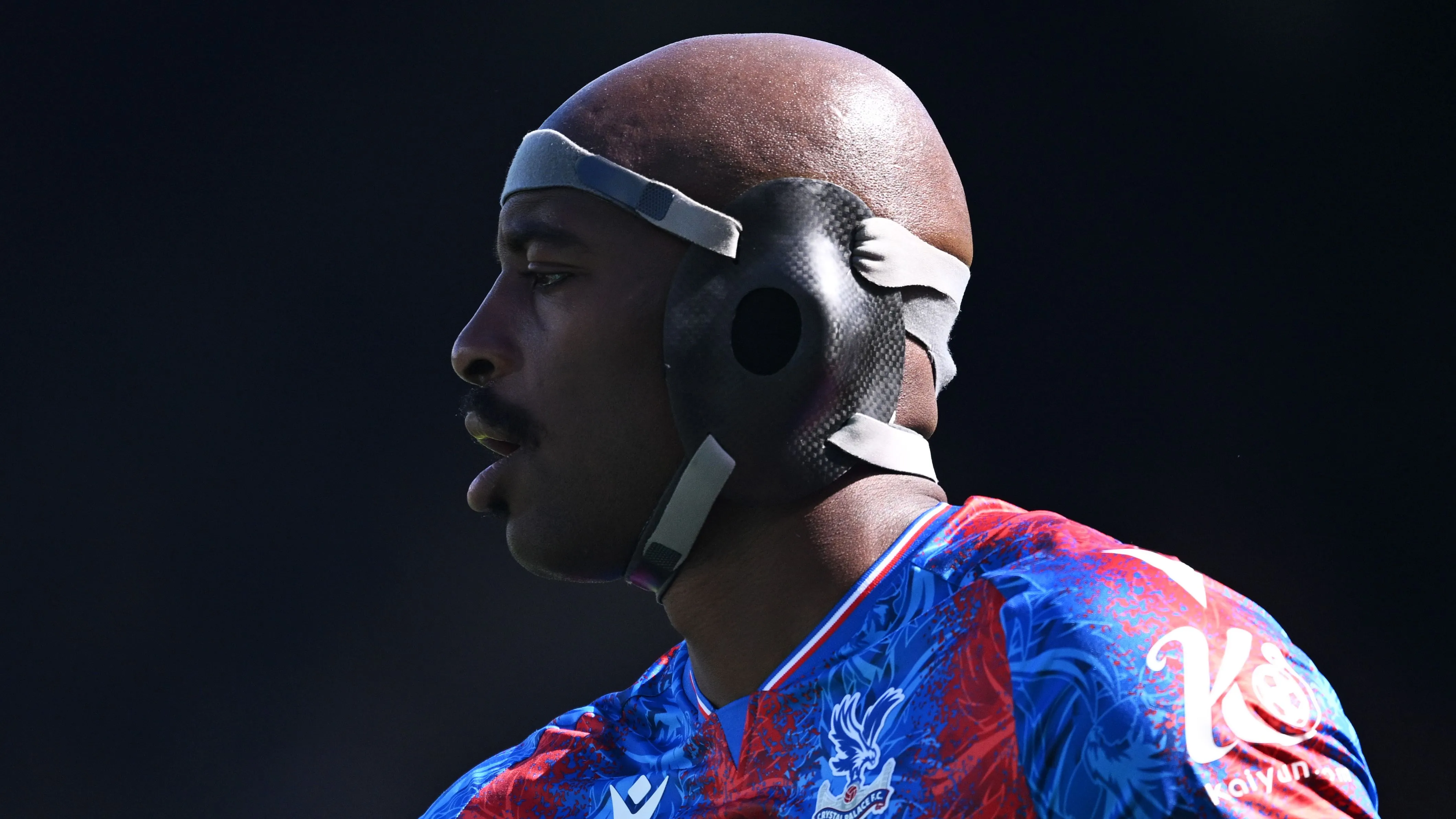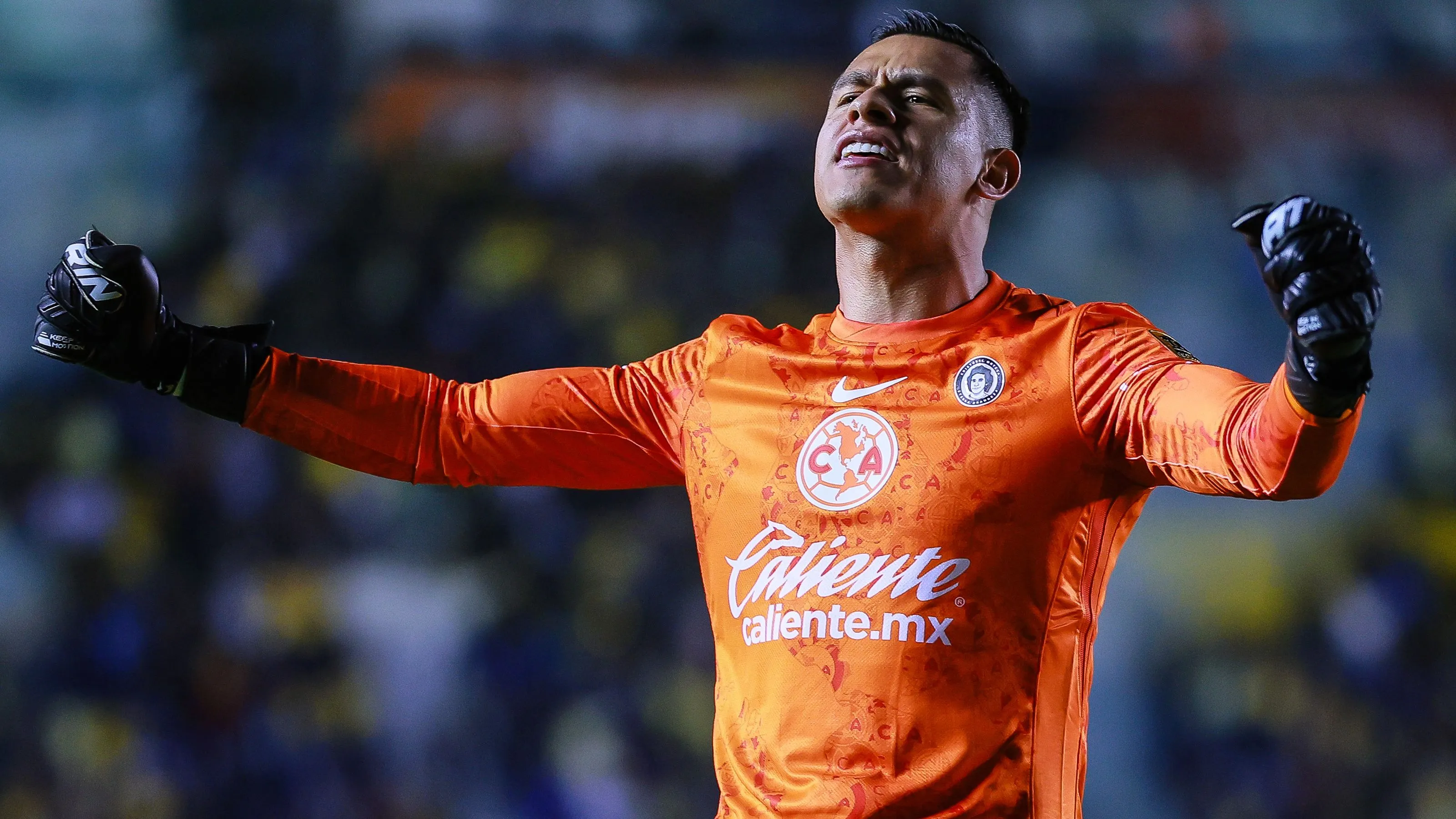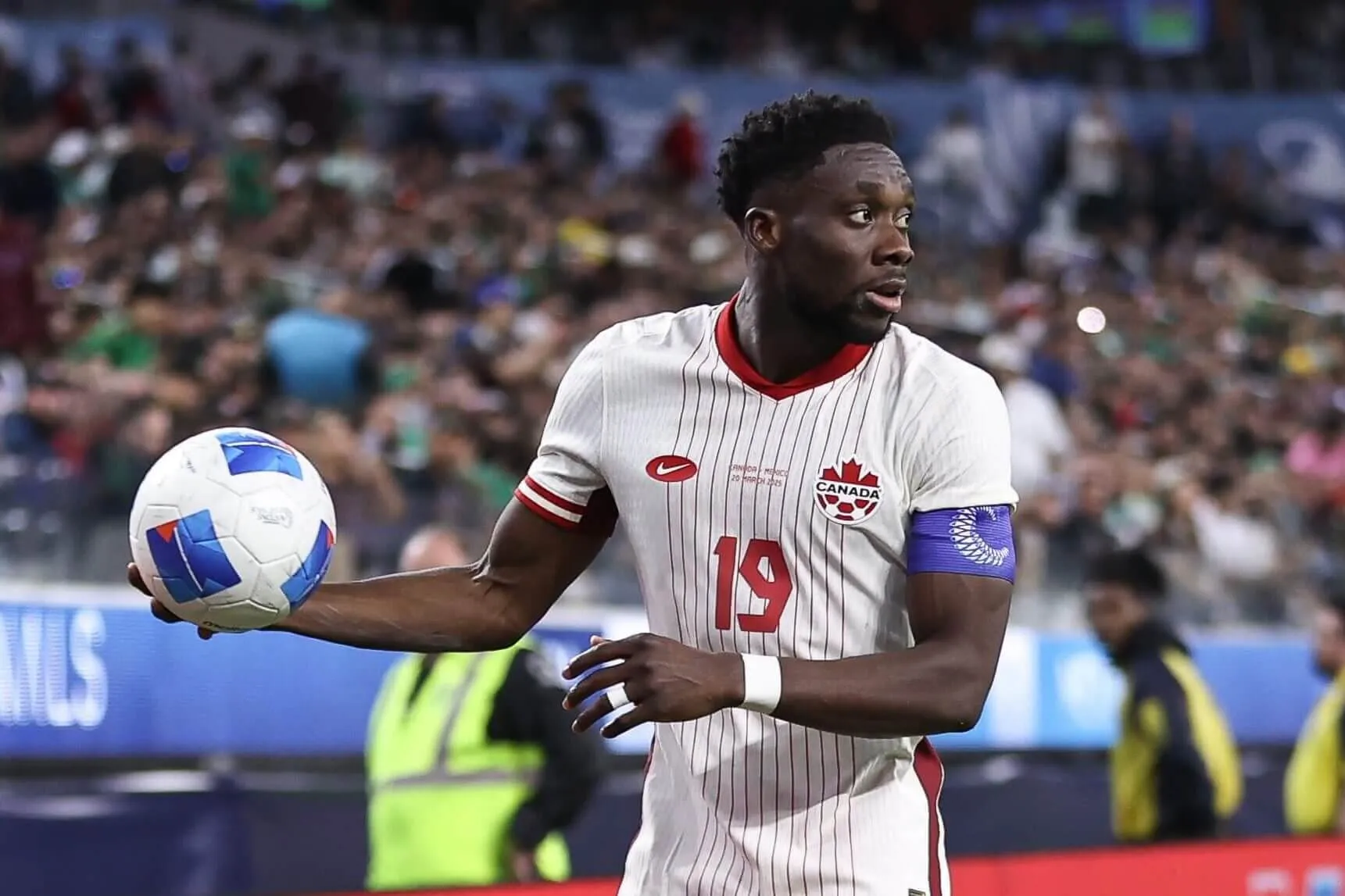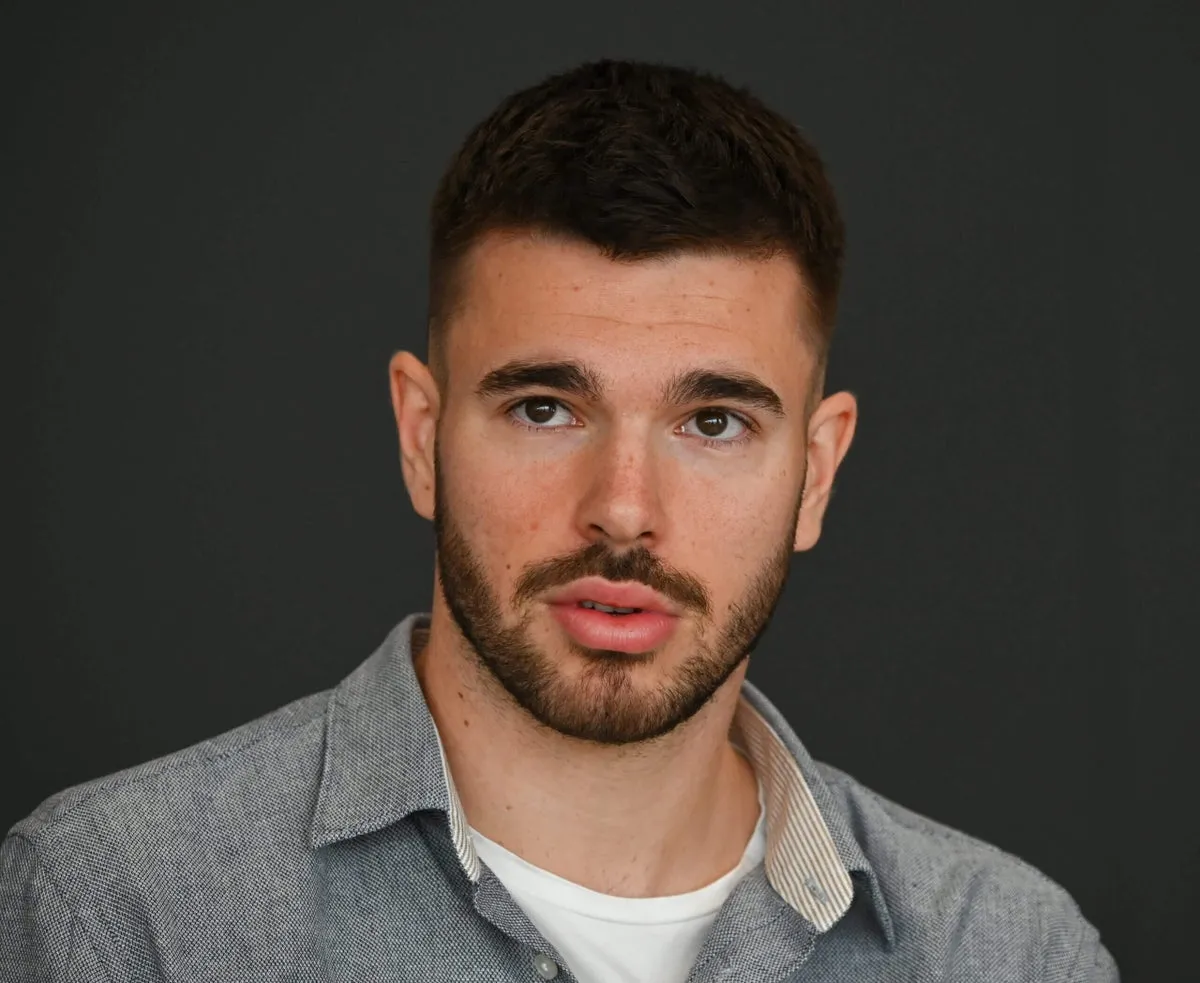
Hamburg SV defender Mario Vuskovic's hopes of returning to professional football before 2026 have been dashed after his final appeal against a four-year doping ban was rejected by the Swiss Federal Court.
The 23-year-old Croatian, who tested positive for erythropoietin (EPO) in September 2022, has made history as the first footballer to receive a ban for EPO use. Initially sanctioned with a two-year suspension by the German Football Association (DFB), Vuskovic's situation worsened when the World Anti-Doping Agency (WADA) and Germany's National Anti-Doping Agency (NADA) successfully appealed for a longer punishment.
The Court of Arbitration for Sport (CAS) subsequently extended his ban to four years, preventing his return until November 2026. Vuskovic's legal team attempted to challenge the testing procedures and demonstrate alleged errors in the process, but their arguments failed to convince the tribunal.
His latest appeal to the Swiss Federal Court, which represented his final realistic legal recourse, focused solely on potential procedural errors in CAS's handling of the case rather than reexamining the evidence itself. While theoretically possible, an appeal to the European Court of Human Rights is considered unlikely to proceed.
The case has particularly significant implications for the young defender, who had been drawing interest from Premier League clubs before his suspension. The unprecedented length of his ban raises questions about his ability to return to top-flight football, as no player has successfully resumed a career in a major division after such an extended absence.
Despite the legal setbacks, Vuskovic has maintained strong support from Hamburg SV. His teammates regularly display his name and number on replica shirts after matches, which he often attends. Local support has also manifested through popular stickers around Hamburg demanding "Free Vuskovic."
The club's backing extends beyond symbolic gestures. Following CAS's decision in August 2024, Vuskovic and Hamburg agreed to terminate his existing contract but arranged a future agreement to commence once his ban expires. He will be permitted to resume team training in September 2026, with competitive play possible two months later. In the interim, Hamburg is considering offering him an off-field role, though no official announcement has been made regarding this possibility.
Until then, Vuskovic must train in isolation, facing an uncertain future in a sport where he once showed immense promise. His case serves as a stark reminder of the severe consequences of anti-doping violations in modern football.

